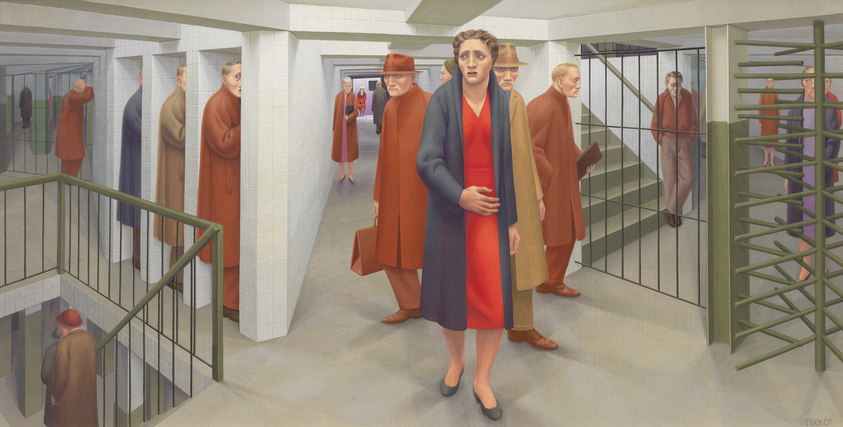It’s no secret that America runs on cars. If you’re going to go anywhere, you need a car. Need to get food? Drive. Need to go to work? Drive. Going to see friends or going to a bar? Drive.
But what if America didn’t have this? What if instead, everybody lived in high-density areas where everything from work to shops to bars are in walking distance?
“But America is not as dense as European nations therefore we need cars!”
I mostly mean urban and suburban areas. I’m sure that rural European towns need cars as well to get from villages to cities. I mean that cars are not the only way to get around in urban/suburban areas. Other means being subways, light rail, commuter rail, high speed rail other than just being cars and highways. Not just in the Northeast but across the country and especially in places like California.
What would American culture look like if this was always the case?
But what if America didn’t have this? What if instead, everybody lived in high-density areas where everything from work to shops to bars are in walking distance?
“But America is not as dense as European nations therefore we need cars!”
I mostly mean urban and suburban areas. I’m sure that rural European towns need cars as well to get from villages to cities. I mean that cars are not the only way to get around in urban/suburban areas. Other means being subways, light rail, commuter rail, high speed rail other than just being cars and highways. Not just in the Northeast but across the country and especially in places like California.
What would American culture look like if this was always the case?
